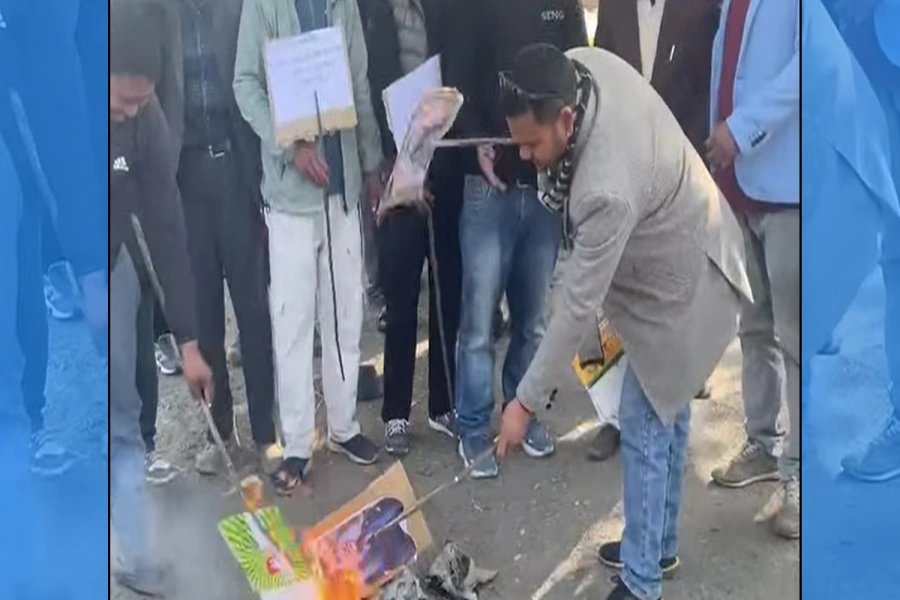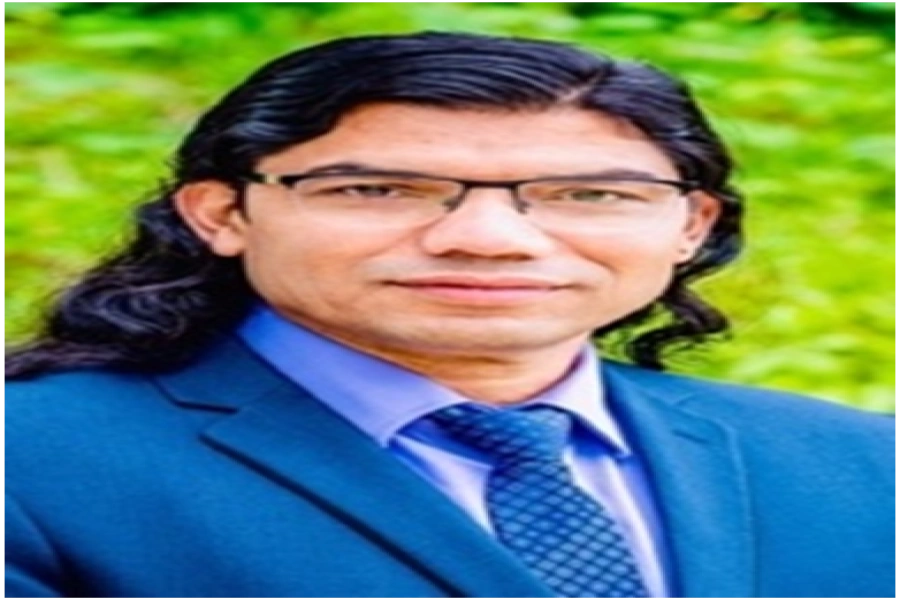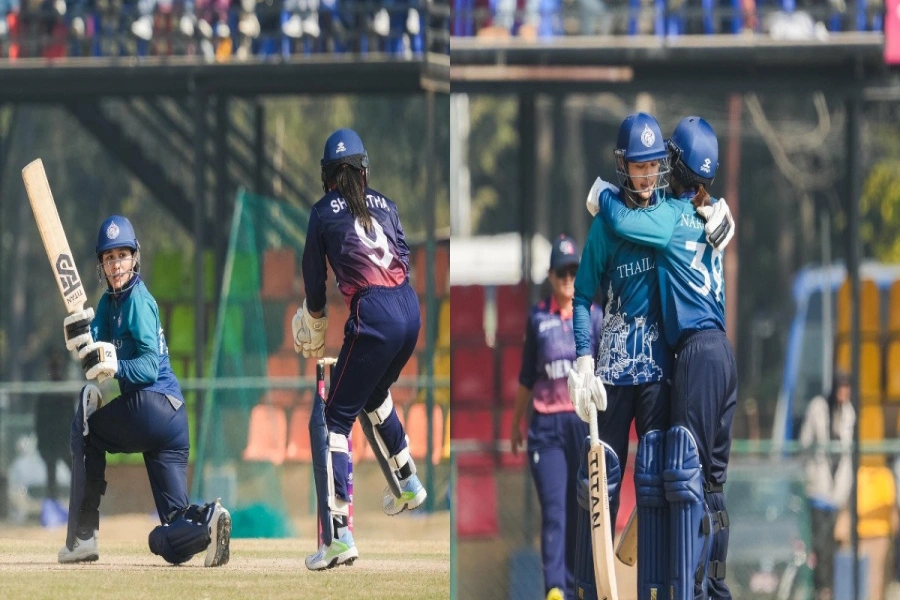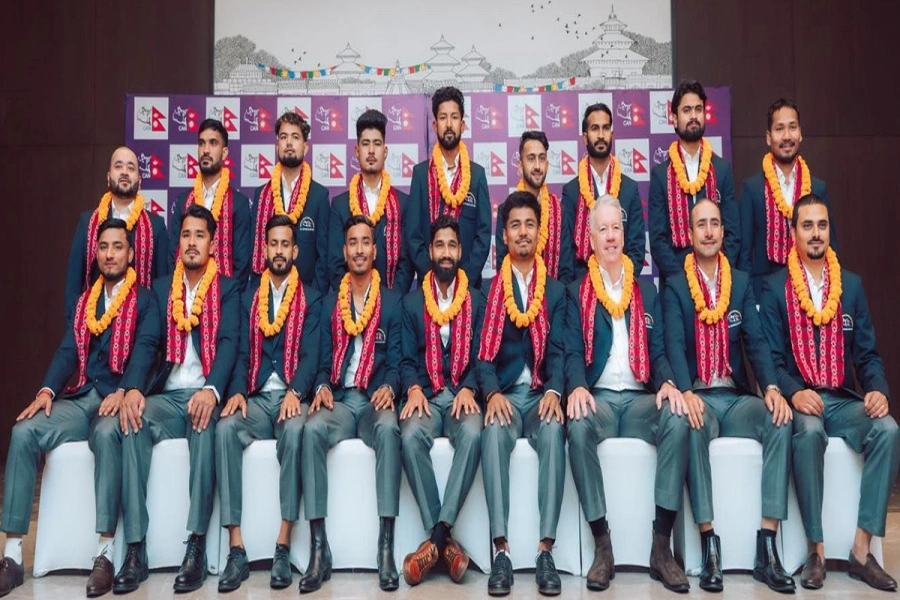KATHMANDU, July 23: The South Asian Games (SAG) that Nepal is set to host after rescheduling for three times has been the burning issue of Nepali sports at the moment.
After being postponed twice by the Nepal Olympic Committee (NOC), the date finally looks plausible this time as the organizers have pledged to hold the games from December 1 through 10.
Nepal had asked for a new date to organize the SAG in March at a meeting of the South Asian Olympic Council held in Kathmandu in December 2016.
The council gave Nepal the permission as requested because of the ongoing reconstruction works of the country’s sports infrastructure following damages caused by the 2015 earthquake.
The date was further postponed citing lack of physical infrastructure, which the council accepted again.
Finally, in March this year, the preparatory committee for the games led by the Minister for Youth and Sports Jagat Bahadur Bishwokarma claimed the country was capable to organize the SAG.
Bista’s ‘golden’ mess
When Ramesh Silwal was appointed as the Member Secretary of the NSC about two weeks ago, he pledged to organize the marquee South Asian event as scheduled and contribute to the development of Nepali sports.
However, his predecessor Keshav Kumar Bista’s leadership had long-withstanding mess still causing its effects.
Government commits to increase rewards for SAG winners

‘The Golden Era’ was a term self-proclaimed by former NSC Member Secretary Bista to describe his tenure.
In order to reconstruct the Dasharath Stadium, it needed to send details of the constructed three out of four parapets of the stadium to the Chinese company who was entrusted to carry out the construction works.
But the VIP parapet, facing the road side of Tripureshwar, was left unattended, which has hampered progress in reconstructing the stadium. Hence, the works on sound system, digital board, and floodlights, among others, are not undertaken by the Chinese company.
"We had to submit the details of works on the parapets to the Chinese company, but it turns out we have not provided it. They could only start working on constructing parapets on the south side of the stadium," Silwal said. "The construction of parapet was our task. Its progress should have been submitted six months ago. But unfortunately, it was done only a month ago."
Silwal further added that a meeting was held with the Chinese company to complete the construction works soon.
"It has been decided that the construction will finish by November 1," Silwal added, "The Satdobato Swimming Ground is almost completed. A technical team will come to the ground to inspect in order to correct any error present."
Incompetent venues
Firstly, the sports infrastructure for the 13th edition of the games is not readied yet. The main venue, the multi-purpose covered hall of Pokhara, has not been completed yet with just about four months left for the event. The authorities who control the structure of the area casually state: "We don’t have the budget." They are pressing higher authorities for immediate allocation of budget and completion of works on the facility to be used for the SAG.
The Western Regional Sports Development Committee had asked Rs 9 million for reconstructing the covered hall. The remaining works for the ground to play archery will be done only after further budget is allocated for it despite the time constraint.
If the budget is not allocated within July/August, hosting the game in the Pokhara Stadium’s archery ground looks distant. Sports authorities have claimed that four months will not be enough to prepare an international-level stadium.
The NSC had provided Rs 22.4 million in separate installments for the construction of the archery ground, when former Member Secretary Bista was in charge. But, the money was only used for truss training as the players kept their targets in the truss during rains.
The covered hall, Nepal’s biggest, was in need of immediate reconstruction as it had not been used for a long time. The initial deal for the reconstruction of the hall was Rs 143 million, but an additional Rs 19.5 million was also provided for the purpose.
The swimming pool in Pokhara was a big asset for the city to organize the games, but it did not even qualify to host any international-level competition after failing to meet the minimum requirement of Federation of Internationala de Natation (FINA) recognized by International Olympic Committee (IOC), which says that the minimum length should be at least 50 meters. The swimming pool will only be able to host ‘Short
Cross’ after falling 18 centimeters short of the international standard.
Training
Despite persisting issues, the first stage of the training has already been started for some games.
Deputy Director of the National Team Preparation Committee for the SAG, Mahendra Rai, said that the training has already been started and over 20 games will have special training soon.
He added that the first phase was started on July 17 which included the training camp of volleyball.
Likewise, basketball, kho-kho, kabaddi and handball will be started from July 26, while football will begin from August 1.
"The first phase has already kicked off, and more will follow. The teams have started preparing from now on, and it’s a matter of time all the games will be joining in the special training course," Rai further explained, "Football will begin shortly as they are preparing for the upcoming 2020 FIFA World Cup AFC Qualifiers."
Handball is proposed to be trained in Pokhara, while basketball will hold a training course in Dharan. Similarly, football will take place in Kathmandu.
Despite the completion of training preparations, the list of all games, budget for the tournament, and the working procedures have not been finalized yet. "Since the budget has not come out yet, we can’t say further how the things will pan out," Rai added.
World Cup Qualification dilemma
All Nepal Football Association (ANFA) spokesperson Kiran Rai said that an official letter has already been sent to FIFA to allow Nepal to play away matches first and organize home matches only when the Dasharath stadium is readied.
"If FIFA does not let us play away matches first, we have to convince the team to play in a neutral venue," Rai said, "This will be a big loss for Nepali football."




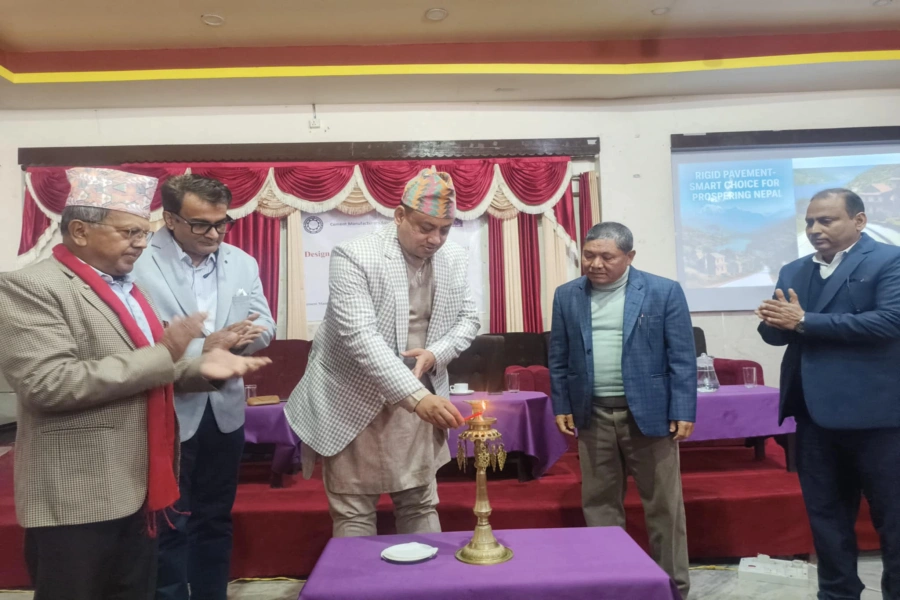
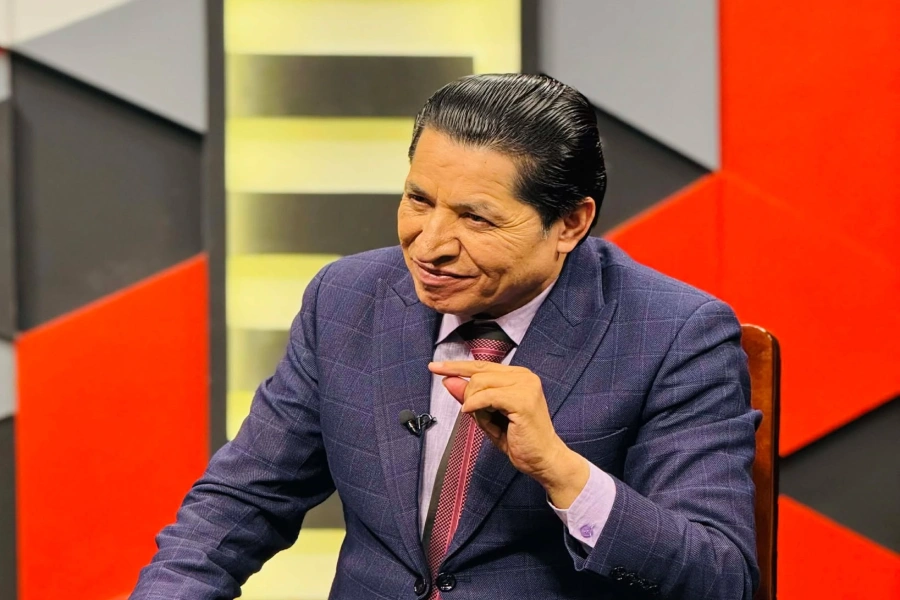
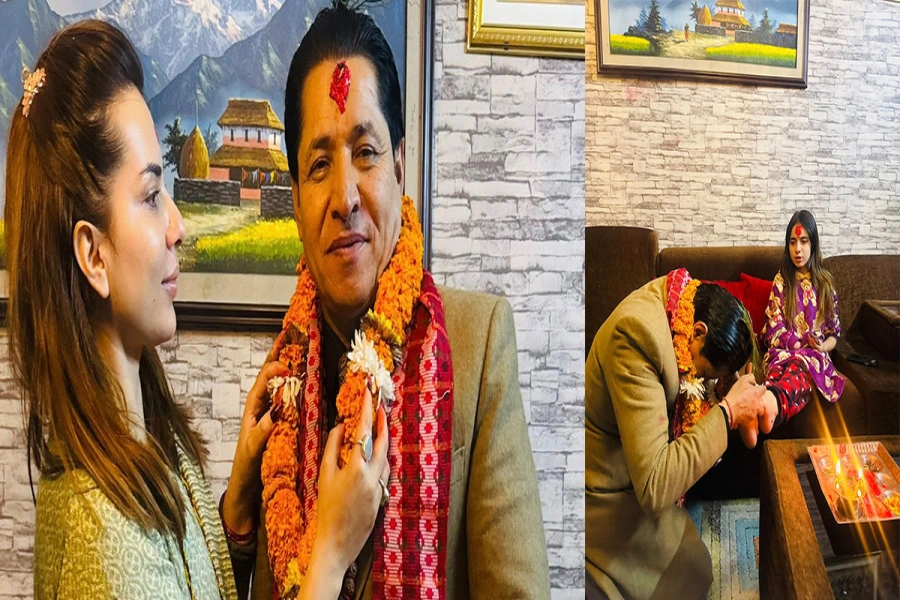
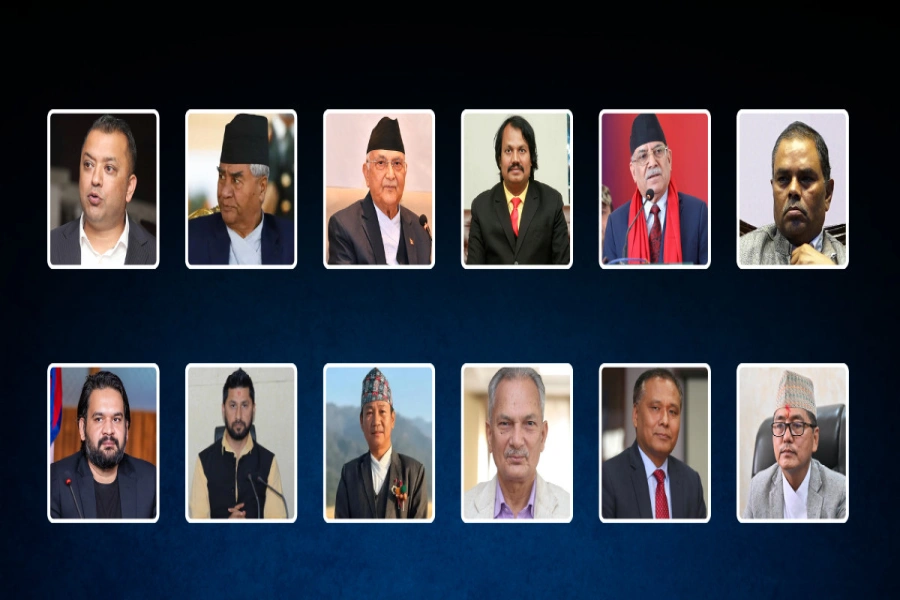








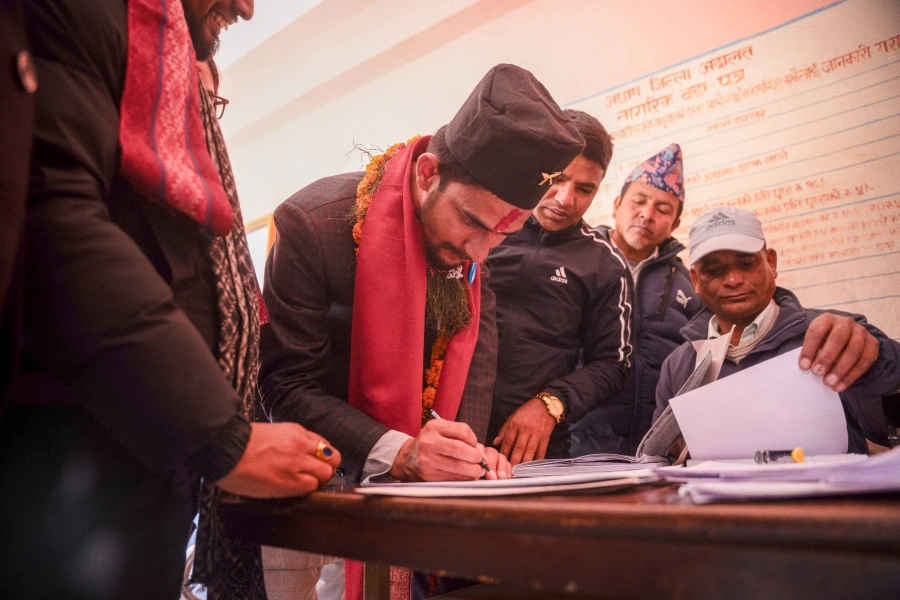
_20220508065243.jpg)

